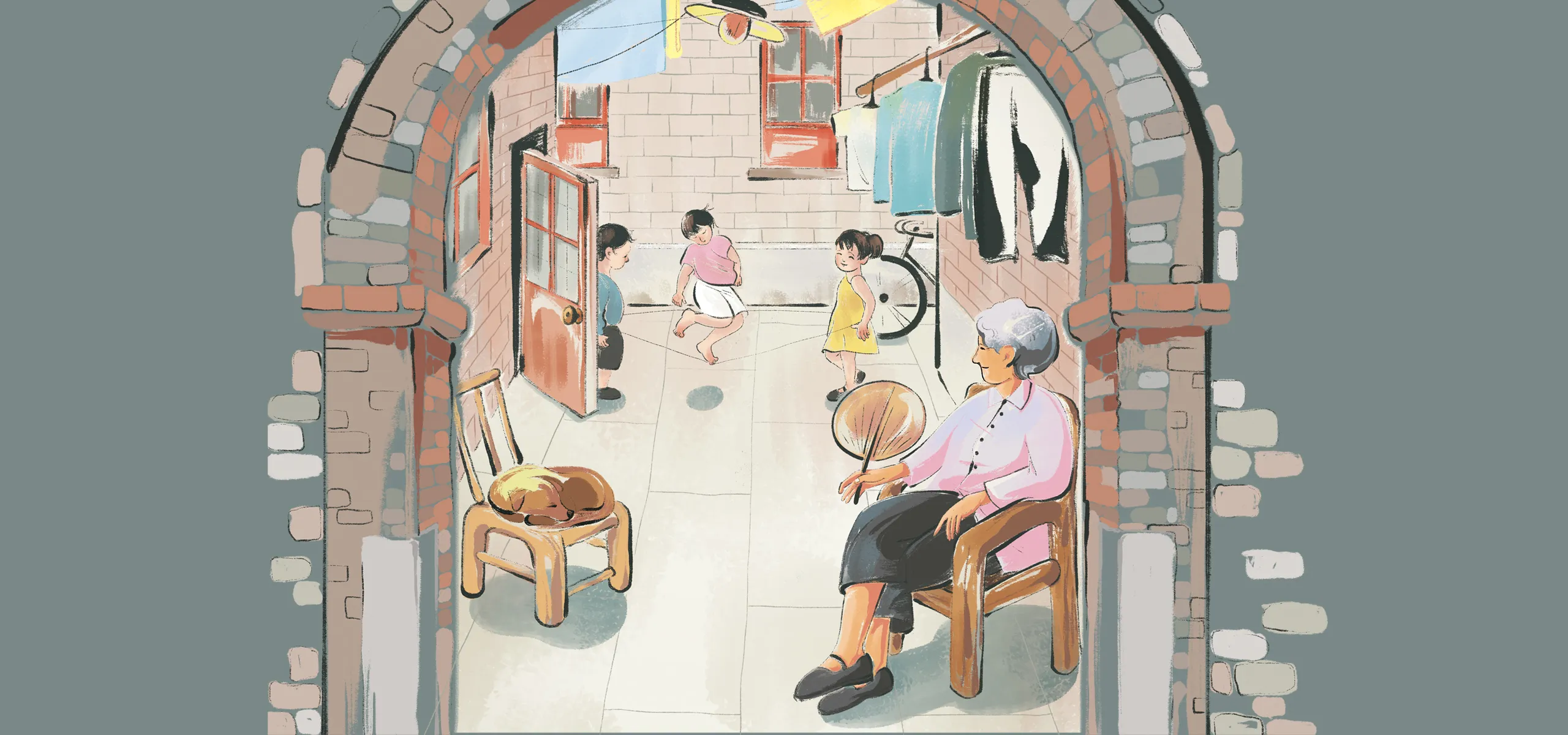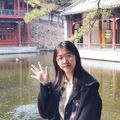Learn all about a Chinese character that can be both close and far
The period before the founding of the first imperial dynasty in 221 BCE is considered a “golden age” of love in ancient China: Nearly one third of the 300 or so poems and ballads from the 11th to 6th century BCE collected in the Classic of Poetry (《诗经》) talk explicitly about romance and marriage.
As Song dynasty (960 – 1279) scholar Zhu Xi (朱熹) concluded in his analysis, “[Pieces in] the ‘Airs of the States’ [one of the three sections] of the Classic of Poetry are mostly ballads, where men and women chant their feelings to each other. (凡诗之所闻风者,多出于里巷歌谣之作。所谓男女相与咏歌,各言其情者也。Fán Shī zhī suǒ wén Fēng zhě, duō chūyú lǐxiàng gēyáo zhī zuò. Suǒwèi nán nǚ xiāngyǔ yǒnggē, gè yán qí qíng zhě yě.)”
The character 里 (lǐ), which Zhu used together with 巷 (xiàng) to metaphorically mean “among the people,” first appeared carved into bronze around 3,000 years ago and consists of the radical 田 (tián, field) on the top and a 土 (tǔ, soil) below. According to the Eastern Han dynasty (25 – 220) dictionary the Analytical Dictionary of Chinese Characters (《说文解字》), “里 indicates where people live (里,居也 Lǐ, jū yě).” In the poem “To Zhongzi (《将仲子》)” from the Classic of Poetry, a woman warns her lover Zhongzi “not to intrude my residence (无逾我里 wú yú wǒ lǐ),” even though she misses him, for fear of her parents’ reaction.
The character’s meaning extended to include neighborhoods and neighbors, as in 邻里 (línlǐ) and 里巷 (lǐxiàng, alleys or lanes), or 里弄 (lǐlòng) in Shanghai dialect, which is why the gossip exchanged among neighbors is called 家长里短 (jiācháng lǐduǎn, household trifles). In ancient China, 里 even became an administrative unit comprising 25 households, and the official in charge was a 里长 (lǐzhǎng, “head of li”).
On the Character: 里 is a story from our issue, “Small Town Saga.” To read the entire issue, become a subscriber and receive the full magazine.














